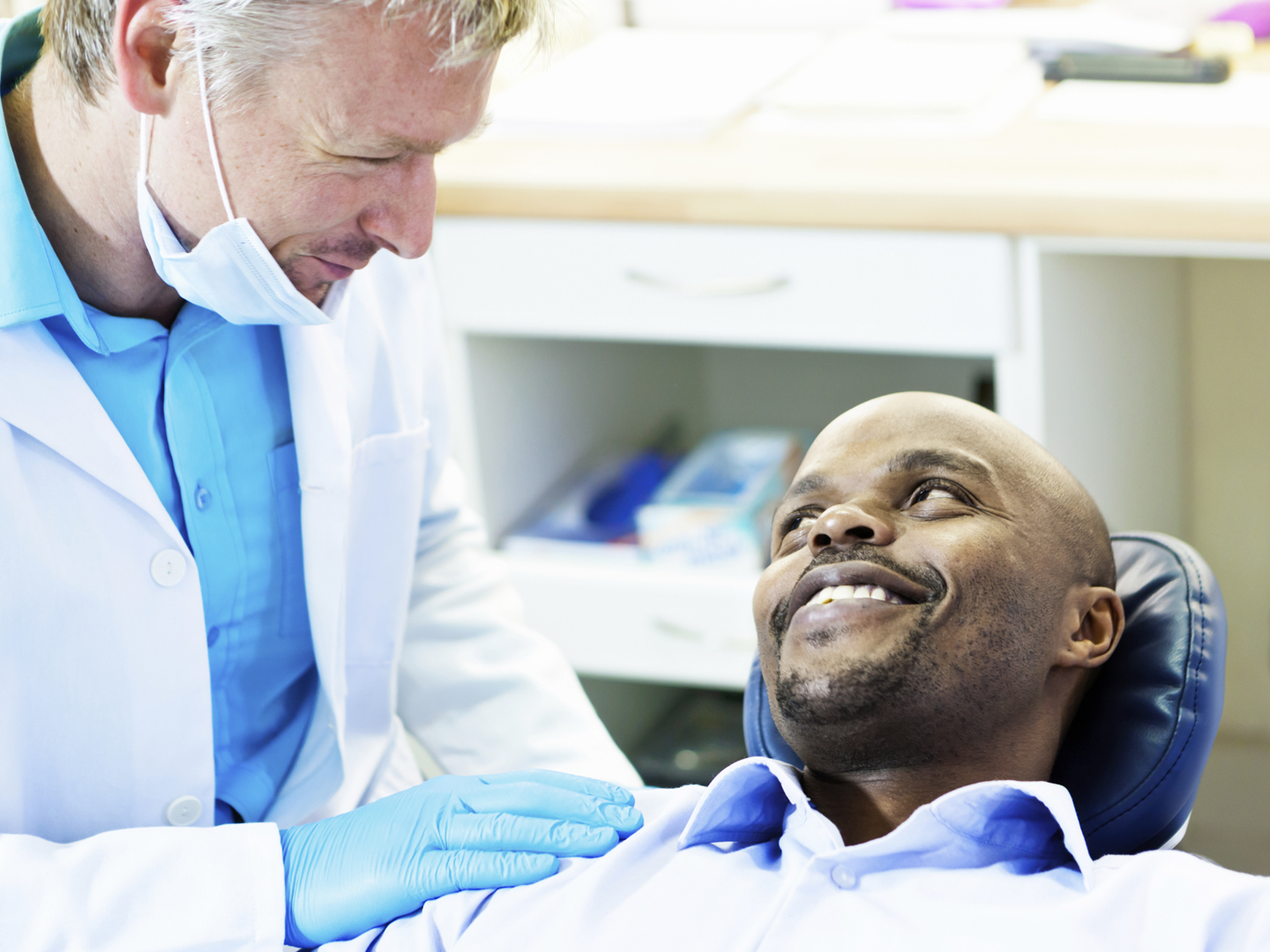Fear of Dental Fillings?
I’m afraid of going to the dentist. I know it is irrational, but I can’t bring myself to go. How can I deal with this fear so that my teeth don’t suffer?
Andrew Weil, M.D. | May 26, 2009

You’re not alone. Dental anxiety and dental phobia are very common. Some estimates suggest that almost half of the U.S. population has some degree of dental anxiety (defined as fears that lead to avoiding regular dental visits) while dental phobia (anxiety so severe that sufferers never go to the dentist) affects 9 to 15 percent of the population.
My first recommendation is to schedule a consultation with a hypnotherapist who specializes in phobias, so I discussed your question with Steven Gurgevich, Ph.D., clinical assistant professor of medicine at the Arizona Center for Integrative Medicine and an expert in clinical hypnosis. Dr. Gurgevich notes that all fears – including fear of the dentist – are learned behaviors, and that anything learned can be unlearned and replaced with something else. By learning to relax, you can desensitize yourself to your dental fears, Dr. Gurgevich said. He suggested trying these methods to get comfortable about going to the dentist:
- Talk to the dentist about your anxiety before scheduling an appointment to have your teeth checked. The American Dental Association (ADA) recommends the same thing and explains that getting your fears out in the open allows your dentist to adapt treatment to your needs; the ADA also suggests scheduling your appointment for a day when you’re less likely to be rushed and under pressure, perhaps a Saturday morning.
- Read one of the many self-help books on anxiety and phobia for a start in the right direction. Dr. Gurgevich suggests Hope and Help for Your Nerves by Dr. Claire Weekes, and Overcoming Medical Phobias: How to Conquer Fear of Blood, Needles, Doctors, And Dentists by Martin M. Antony and Mark A. Watling.
- List all the positive benefits of seeing the dentist to begin shifting your attention from avoidance to motivation.
- See a counselor, psychologist or social worker who is skilled in techniques such as “systematic desensitization” and other methods for overcoming anxiety.
- Learn and practice relaxation techniques: self-hypnosis, meditation, visualization, or progressive body/muscle relaxation are good options.
Dr. Gurgevich said that he recommends medical or clinical hypnosis for dental phobia because it easy to learn, rapid, and once learned can be used in other stressful situations. To find a qualified practitioner in your area visit the American Society of Clinical Hypnosis at www.asch.net. You could also try Dr. Gurgevich’s audio program “Relieve Anxiety with Medical Hypnosis.”
Andrew Weil, M.D.










